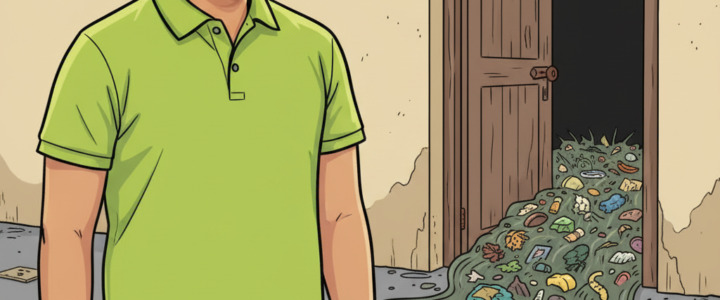This inspirational Hindi song conveys an important message through a dialogue between a teacher and students, showing how small civic actions can make Delhi clean, green, and better.
With simple words and emotional rhymes, the song highlights:
- Separating wet and dry waste
- Staying away from plastic
- Saving water and energy
- Walking more and choosing bicycles
- Tree plantation and community participation
The song also introduces the Mission Green Delhi Community—a platform where students, teachers, and citizens come together to work for the environment.
✨ Today’s lessons shape tomorrow’s future
🌱 The beginning of a clean Delhi starts with me, you, and all of us
Listen to the song, share it, and become a part of the Green Delhi Mission.
![]()



